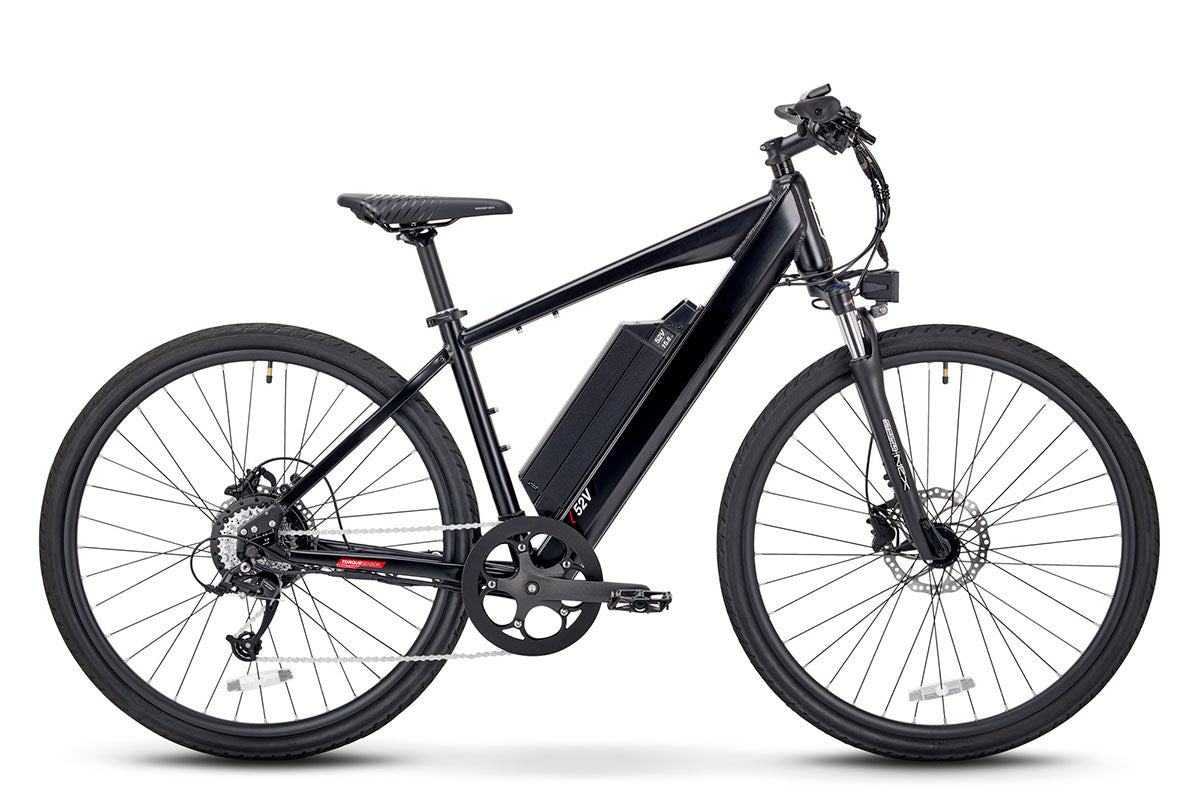I think the fact that Yamaha, Bosch and Brose are pretty big in car industry makes a big difference.
Seriously, they are well known supplier for car engine, electronic parts, motor, computer, sensors, etc.
If they can build that, building an ebike motor should be a piece of cake for them.
Yamaha for example, not only they can build their own frame, also can build their own motor as well.
Toshiba battery powers Shimano STEPs and I believe Cannondale batteries are also powered by Toshiba.
Panasonic can build the motor, battery, frame, all by themselves.
I agree with everything you said, except that my Shimano rep informs me that Shimano has at least three authorized battery suppliers. You may still be right that all Shimano batteries are made by Toshiba, though; the other two battery manufacturers may be ones that OEMs using Shimano motors are authorized to use if making custom batteries for STePS systems. I can't be sure without additional information. My rep was clear that Shimano had authorized three companies to make STePS batteries, but not clear on whether Shimano themselves take advantage of that or not.
I am amazed at how many consumers are aware of the name Shimano. People who haven't ridden a bike in decades and have never heard of Rock Shox, SRAM, Trek,
Specialized, Giant, etc., have nonetheless almost always heard of Shimano. It's absolutely unreal to me the name recognition Shimano commands, at least where I live. I expect bike people to be able to name drop Shimano, but there are a shocking number of people out there for whom Shimano is one of the few (and in some cases the *only*) bike-related company names that they could cite. I am continually amazed by this. I'm not sure if it's like this everywhere, or if this is a phenomenon unique to southern Vancouver Island.
Fun fact: my shop brought in a Panasonic folding e-bike in the early to mid-2000s, and finally sold it in the late 2000s I think.
An interesting side note to your point that if those major companies can make car parts that making e-bike parts should be a breeze for them. Bosch and Brose both repurposed car motors to make their first pedelec motors. I think one or the both of them took the motor out of a power steering column as the initial design, and it's evolved from there.
Yamaha was not the first company to create an e-bike, but they claim to be the first company to actually get a pedal-assist e-bike on retail sales floors in significant volume. Before that, I guess e-bikes were more like a moped? You had to hold down a throttle the entire time if you wanted the motor to work, there was no way to keep it engaged via your pedalling? It's not 100% clear to me what riding an e-bike like that would be like, but it definitely sounds like you'd have to engage the motor somehow separately from your pedalling, as engaging it with your pedalling is the big innovation that everyone talks about coming out of that 1989-1994 window of time.
Another fun fact: the debate between hub motor and mid-drive goes back over a century, with patents registered in the 1890s for each style of e-bike. The oldest known hub motor patent was registered oh so slightly earlier than the first known mid-drive patent.
Apologies if everyone knew the above anecdotes, and/or if I've been misinformed about any of them.



www.juicedbikes.com

